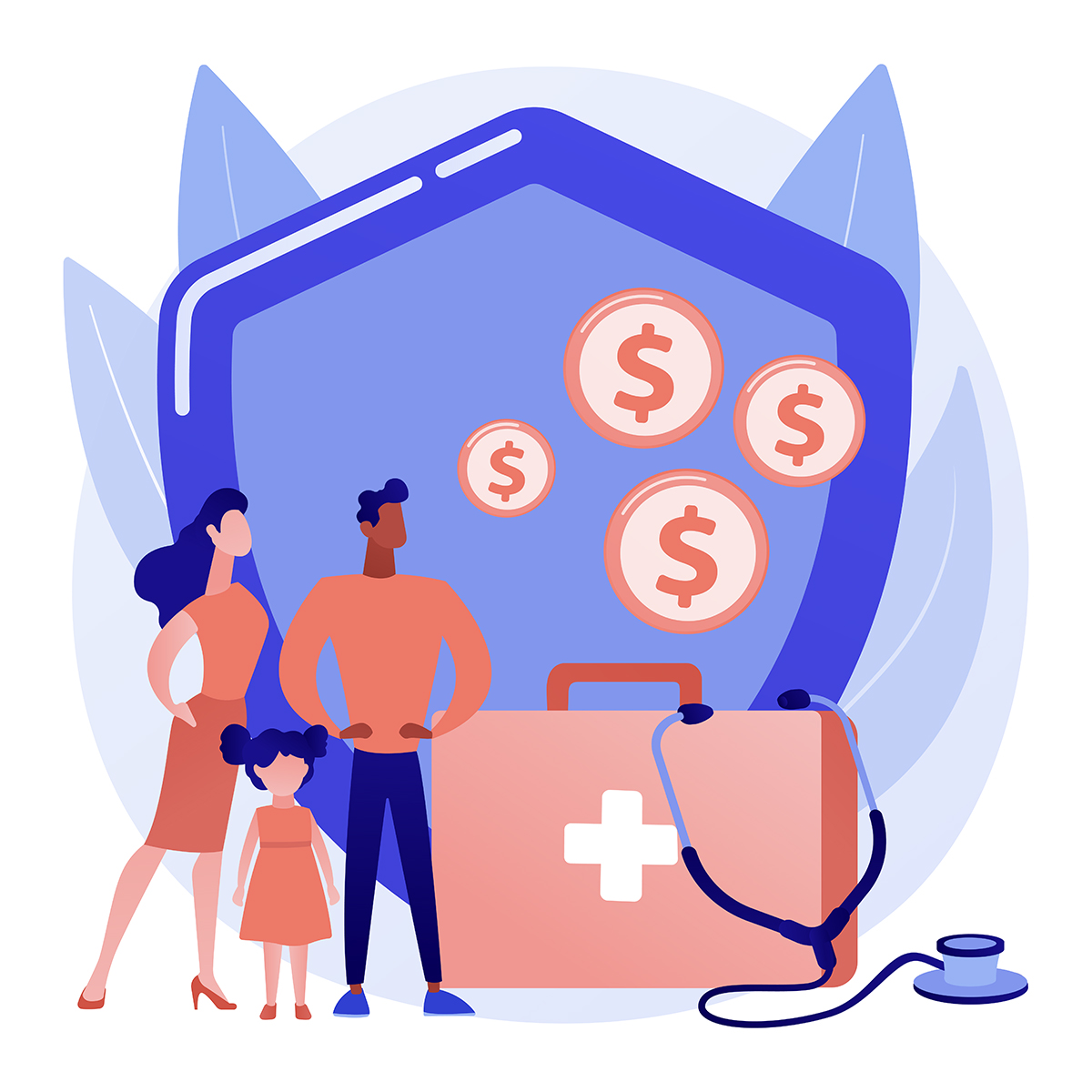Medical debt is a silent epidemic in America—1 in 5 U.S. households has unpaid medical bills, and 60% of all debts in collections are medical. The worst part? Many people don’t realize they can negotiate, reduce, or even eliminate these bills before they wreck their credit.
At Delmarva Collections Inc, we help consumers and healthcare providers resolve medical debt fairly. Here’s your step-by-step guide to avoiding medical debt collections—and what to do if it’s already too late.

Why Medical Debt Is Different (and Easier to Fix)
Unlike credit cards or loans, medical debt:
✅ Often has no interest (if paid through the hospital)
✅ Can be negotiated down (hospitals frequently overcharge)
✅ May qualify for forgiveness (non-profit hospitals must offer aid)
But if ignored, it can lead to:
- Credit score drops (up to 100+ points)
- Wage garnishment (if sold to collections)
- Denied loans or apartments

5 Steps to Reduce or Eliminate Medical Debt
1. Request an Itemized Bill (Errors Are Common!)
Up to 80% of medical bills contain mistakes (duplicate charges, wrong procedures). Demand an itemized bill and dispute errors in writing.
Pro Tip: Use apps like Medicom or Cedar to scan bills for overcharges automatically.
2. Negotiate Directly with the Hospital
Hospitals often accept 30–50% less if you pay cash upfront. Script to use: ”I can’t pay the full amount, but I can settle this now for [X]% if you close the account. Is that possible?”
Bonus: Ask if they have a “financial assistance program” (even middle-class families qualify).
3. Apply for Charity Care (Before It’s Too Late!)
Non-profit hospitals (like most in the U.S.) must offer free/discounted care to low-income patients.
- Income limits vary (e.g., up to 400% of poverty level).
- Apply within 240 days of the bill (deadlines matter).
4. Use a Payment Plan (Interest-Free!)
Hospitals prefer $50/month for 2 years over sending debt to collections. Always get the agreement in writing.
5. Dispute if Sent to Collections
If your bill was sold to collectors:
✔ Demand validation (they must prove you owe the debt).
✔ Dispute errors (via the CFPB or your state AG).
✔ Offer a settlement (as low as 20–30% of the original bill).

How to Keep Medical Debt Off Your Credit Report
New rules (2023) help consumers:
- Paid medical debt no longer appears on credit reports.
- Unpaid debts under $500 are excluded.
- Credit bureaus wait 1 year (vs. 6 months) before reporting.
Still, the best strategy is to resolve bills early!
Need Help with Medical Debt?
If you’re overwhelmed—or already in collections—Delmarva Collections Inc can: ✔ Negotiate lower payoffs (even on old debts). ✔ Dispute fraudulent or inflated charges. ✔ Stop collector harassment legally.
Call us today for a free consultation—don’t let medical debt ruin your financial health!


